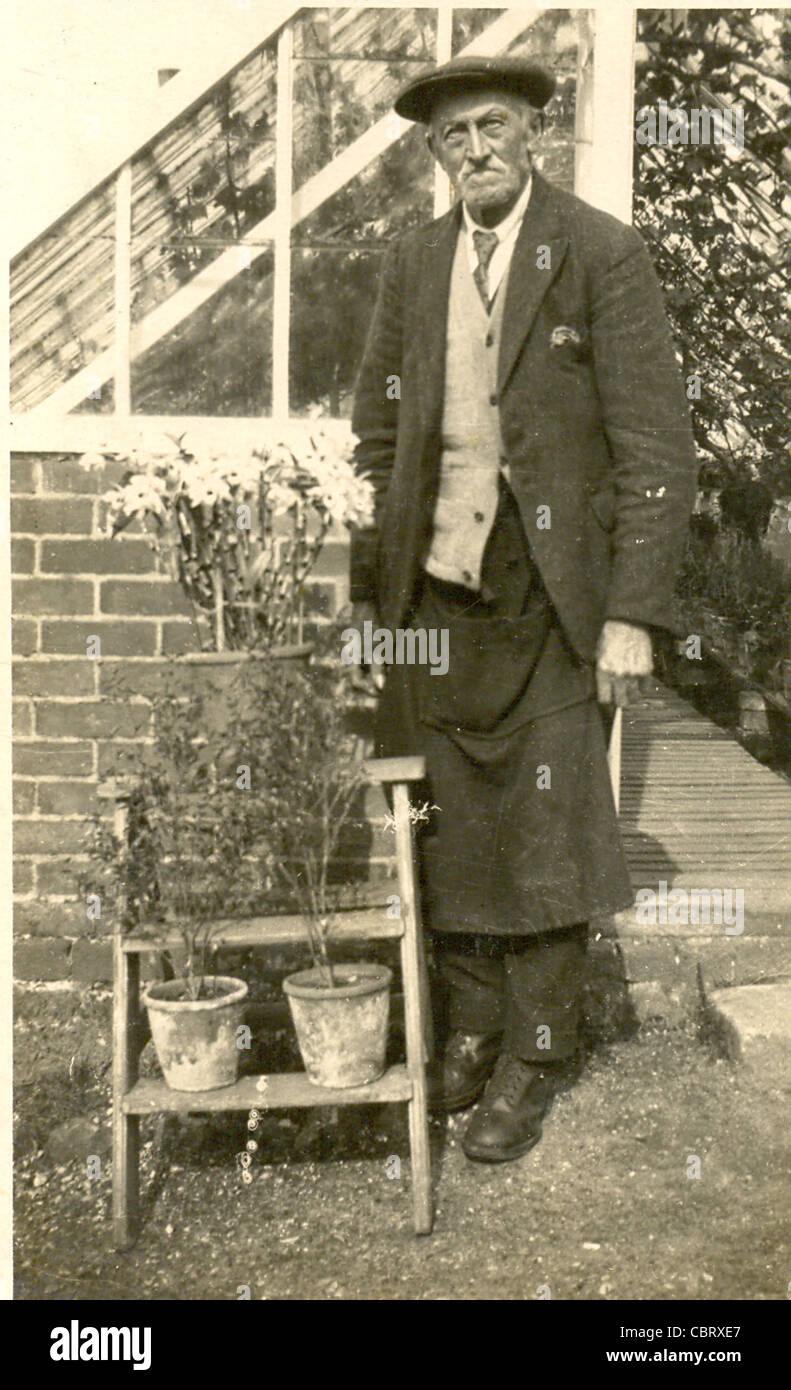Translation Difficulties in Camilo Castelo Branco’s Works: Using Logic in the Translation Process
— By Oliver Simões
Quite often, we translators grapple with one or another word or phrase as we go about trying to come up with a translation that reads well and sounds more natural to target-language readers. There are times when we may be tempted to choose a word that’s more common, popular, or simply easier to understand. Other times, we may pick a term that seems to make more sense phonetically. When faced with such dilemmas, we need to stop and evaluate whether our decisions also make sense from a logical standpoint.
In this article, I discuss what would be the best English translation for jaqueta de baetão azul in the context of Amor de Perdição (Doomed Love in free translation) by Camilo Castelo Branco (first published in 1862). The phrase appears in the book introduction, in which the narrator / author is going through some old records in the local registrar’s office and finds one (dated 1802) about his uncle.
“Simão António Botelho, que disse assim chamar-se, ser solteiro e estudante na Universidade de Coimbra, natural da cidade de Lisboa, e assistente na ocasião de sua prisão na cidade de Viseu, idade de dezoito anos, filho de Domingos e de D. Rita Preciosa Caldeirão Castelo Branco; estatura ordinária, cara redonda, olhos castanhos, cabelo e barba preta, vestido com jaqueta de baetão azul, colete de fustão pintado e calça de pano pedrês. E fiz este assento, que assinei — Filipe Moreira Dias.” (emphasis added)
The first question that comes to mind is how to translate jaqueta. There are basically three options in English: jacket, coat, and blazer. Considering thatblazer is a loanword from English into Portuguese, and the fact that the author chose to name the attire something else, we can safely assume it’s not a blazer. We are then left with two alternatives (jacket, coat). Since coat tends to be more formal, jacket is probably the way to go. There is also a one-to-one equivalence between jaqueta and jacket.
The next issue is how to render baetão into English. A quick dictionary lookup might help:
baetão:baeta grossa própria para capas e saiotes
baeta: tecido felpudo de lã ou algodão grosso
Source: http://www.aulete.com.br/baeta
Clearly, the author is referring to a coarse, felt-like material made from wool or cotton. With this knowledge, would it be a good idea for us to translate baetão as flannel, for example?
The answer is no. First of all, flannel is flanela in Portuguese. If the author didn’t use flanela, most likely he didn’t mean it. While baize is coarse, flannel tends to be soft. Secondly, it’s worth noting that the character is of a low social status. A quick look into the history of flannel reveals that in the 1800’s the process of dyeing this material was far more complicated (and presumably more expensive) than it is nowadays. Chances are that a poor person couldn’t have afforded a flannel jacket in his/her days. Thirdly, flannel didn’t become popular until much later. Flannel pants, for instance, didn’t get popular until the 20th. century! And finally, I cannot picture a man wearing a flannel jacket (jaqueta de flanela) with a corduroy vest (colete de fustão); they don’t seem to go well together. Somehow, baize and corduroy seem to be a better match.
In a nutshell, the choice of the word flannel for the simple fact that it’s more well-known than baize is not justifiable for several reasons: (1) the different type of material, (2) the social status of the character, (3) the historical evidence, and (4) attire disharmony. Which leads us to this conclusion:
jaqueta de baetão azul => blue baize jacket.
 |
 |
| A man wearing a baize jacket | A woman’s Andalusian flannel jacket |
About Camilo Castelo Branco (narrated in Portuguese):
